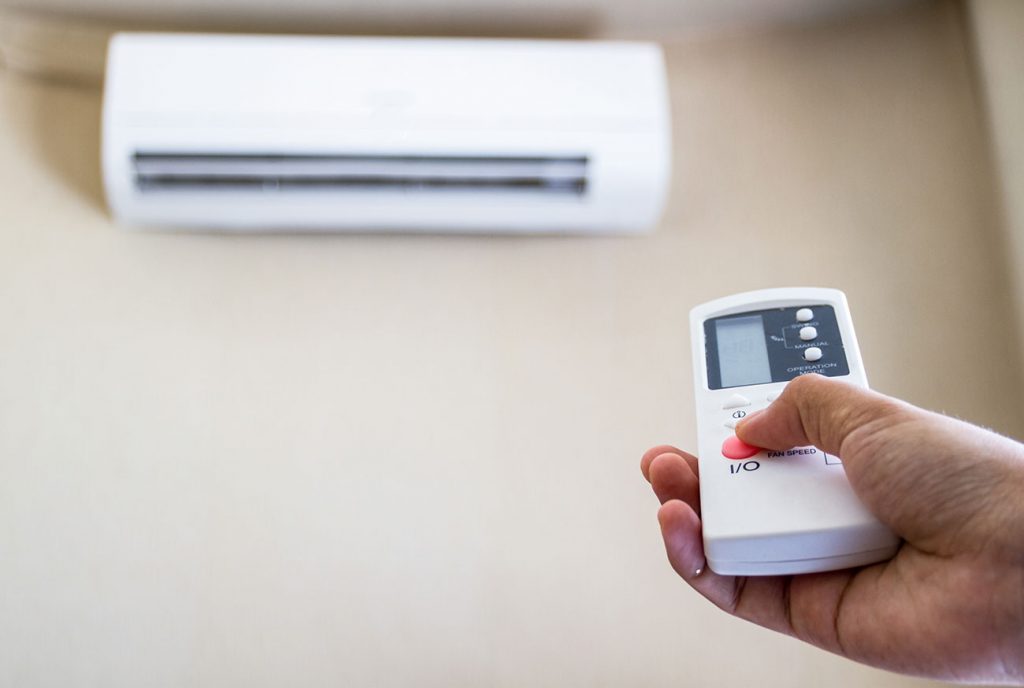The history of air conditioning units goes back to the beginnings of the XX century, as the first modern AC unit was invented in 1902, taking around 20 years for the technology to be adapted into hotels and movie theaters, and taking other 20 years for residential units to be developed and installed and became as common as they are nowadays. As technology continues to evolve, the future of air conditioning and heating systems will be evolving with it too, and this is what the future will be like.
The physical layout of air conditioning units has significantly changed throughout the last century, and it keeps changing. In order to tackle a common AC problem, refrigerant leaking, Optimized Thermal Systems from Maryland is developing a new, more advanced heat exchanger that is set to minimize joints of units by 90 percent. This means that refrigerant would remain where it should be, improving the overall performance of our equipment.
In order to create equipment that provides more comfort and efficiency, the University of Florida is working on developing a more efficient heat transfer, working on a prototype that will combine a water heater, a dehumidifier, and an air cooler. This prototype should result in an enhanced dehumidification control ideal for residential buildings.
Rooftop units are also being improved significantly, as well as the elements that are used on those units. Dais Analytics in Florida along with Oak Ridge National Laboratory are working on the development of a new, membrane-based rooftop unit that is intended to use water as a refrigerant, instead of the chemical-based products that are used nowadays. This would lead to 30-50% electrical consumption savings when compared to current rooftop units.
Finding chemical-free alternatives to power is one of the main objectives for technology developers, and this is the case of the United Technologies Research Center in Connecticut, exploring the use of electrocaloric, solid-state technology. They are working on a heat pump that should keep spaces at a low temperature without using any chemical components, making it ideal for residential and small commercial buildings, and bringing a 25% system efficiency improvement.
Last but not least, the Oak Ridge National Laboratory in Tennessee along with Georgia Tech and IntelliChoice Energy are working on a system that would reduce the overall energy requirements of air conditioning units nowadays. They are finding ways to utilize waste heat and integrate that into HVAC systems. Developing such a diverse ground-level energy storage system, they would be able to reach a 70% energy storage efficiency level while improving HVAC performance by 35%.
